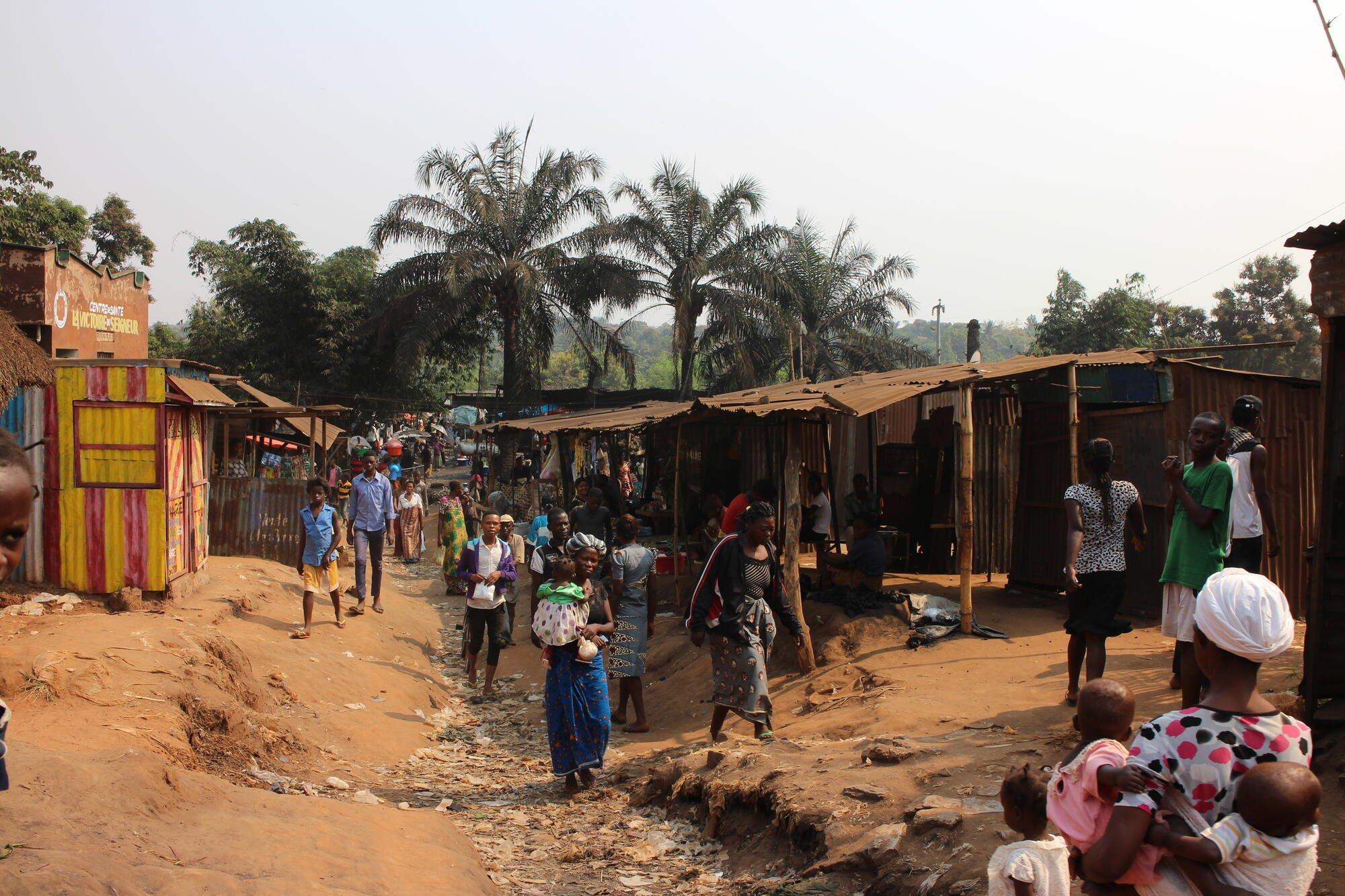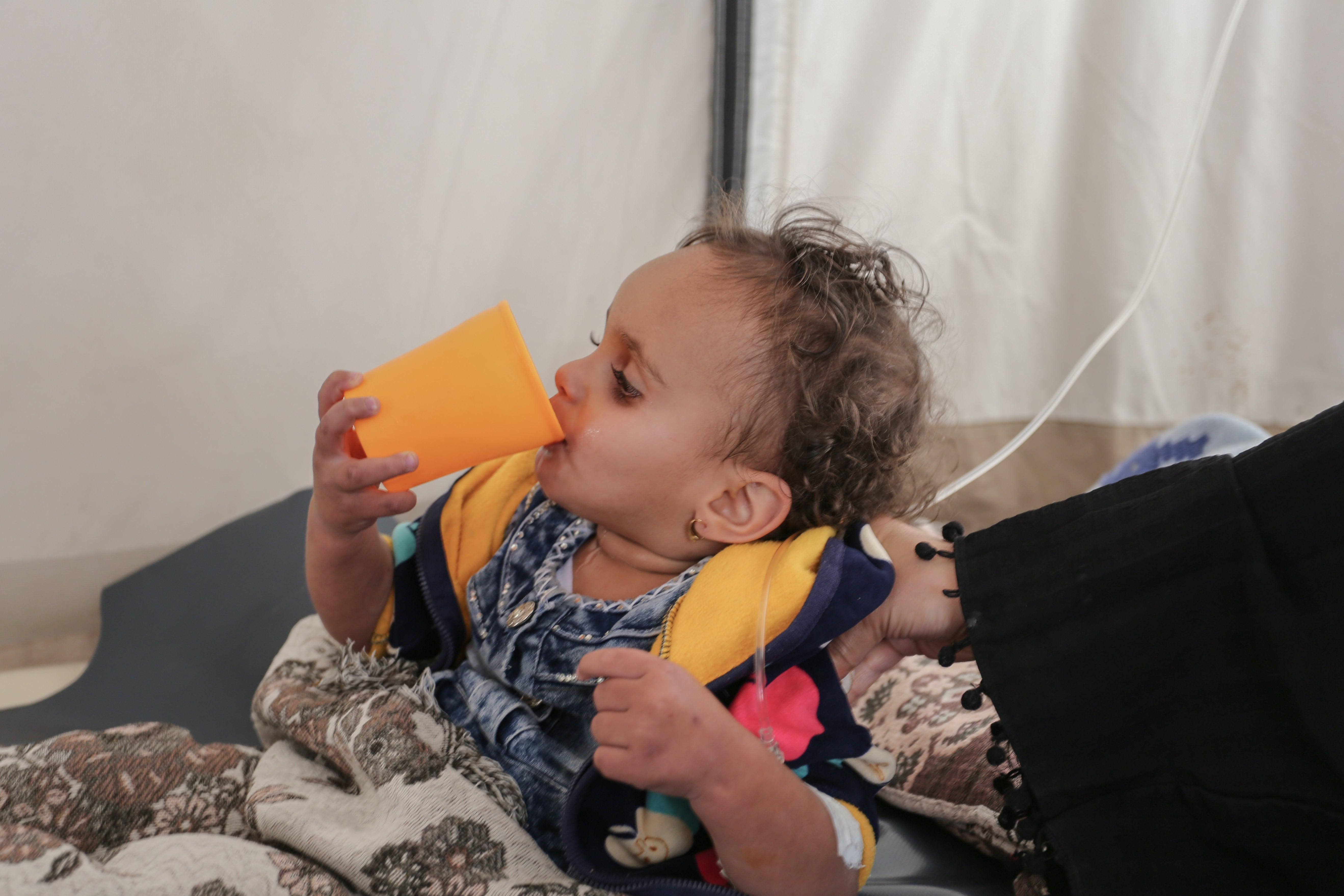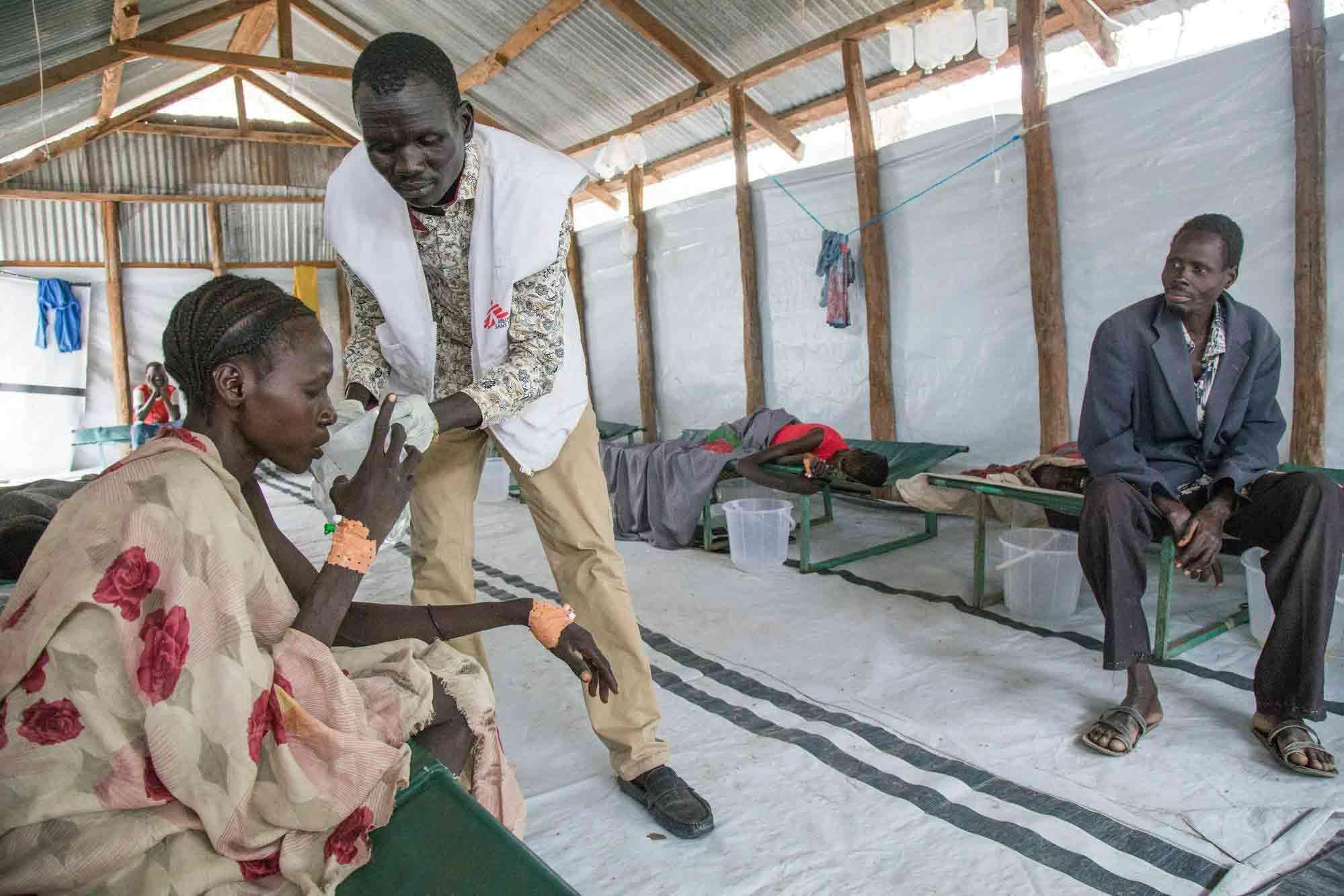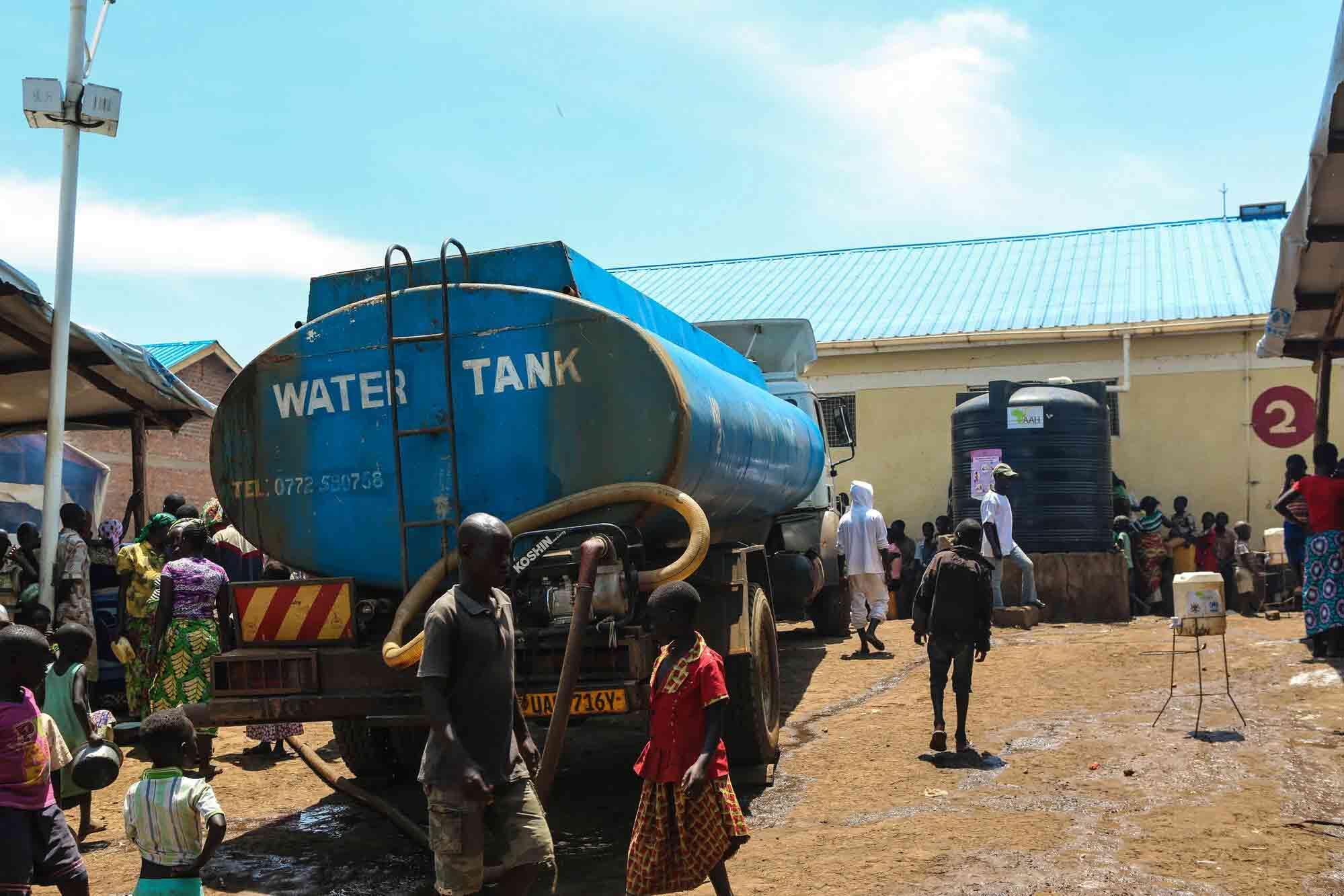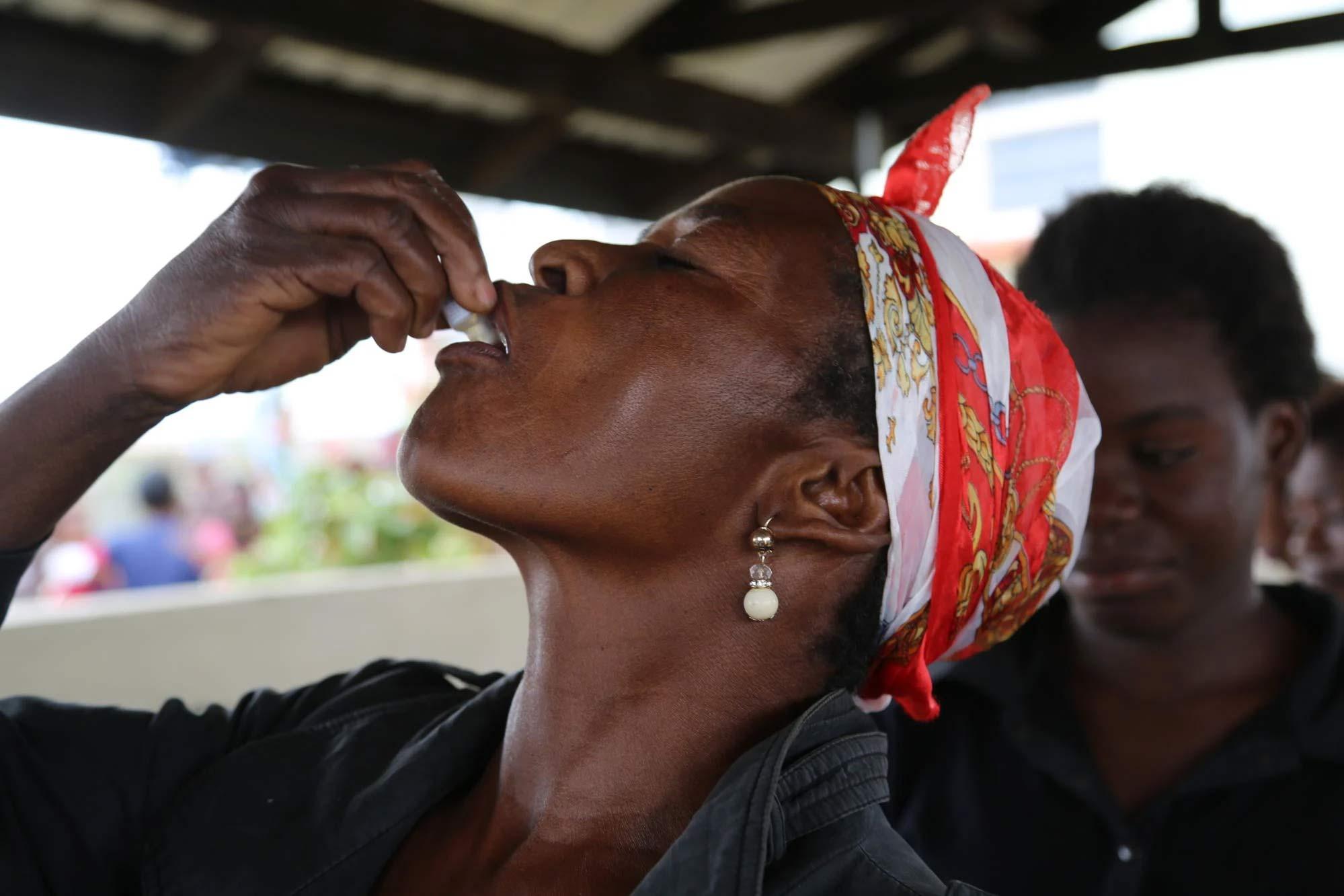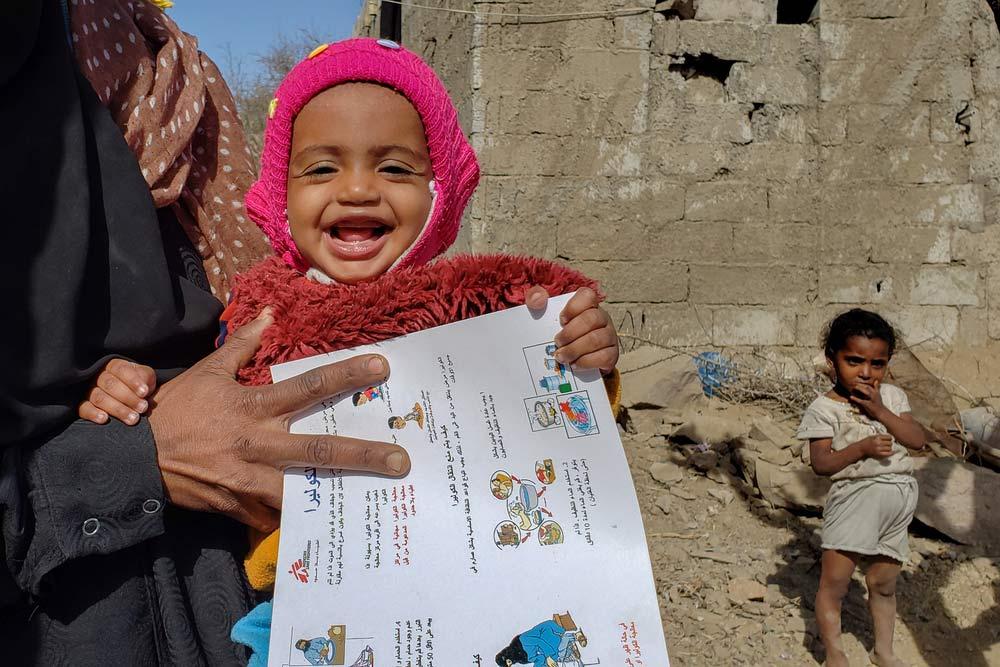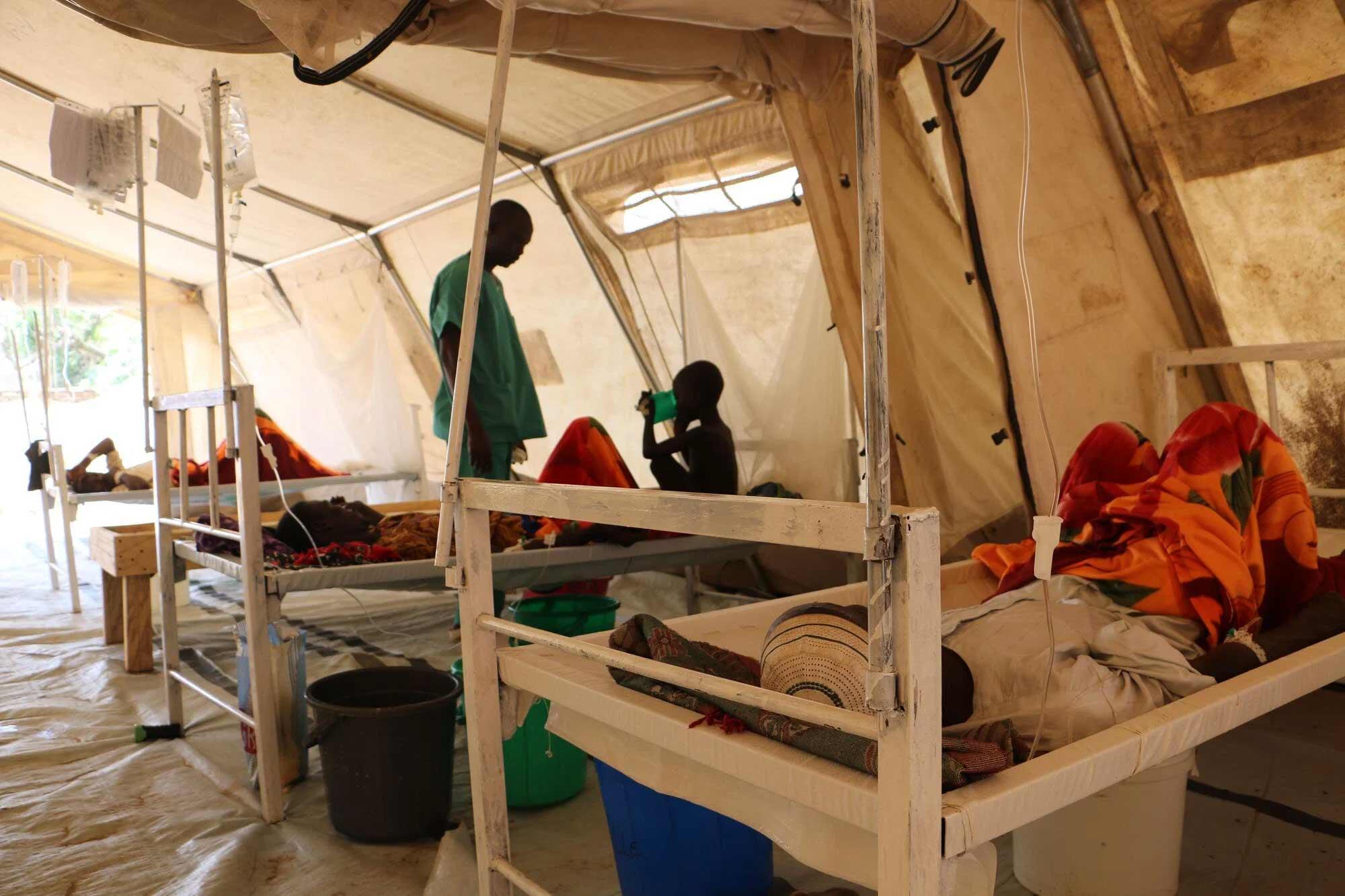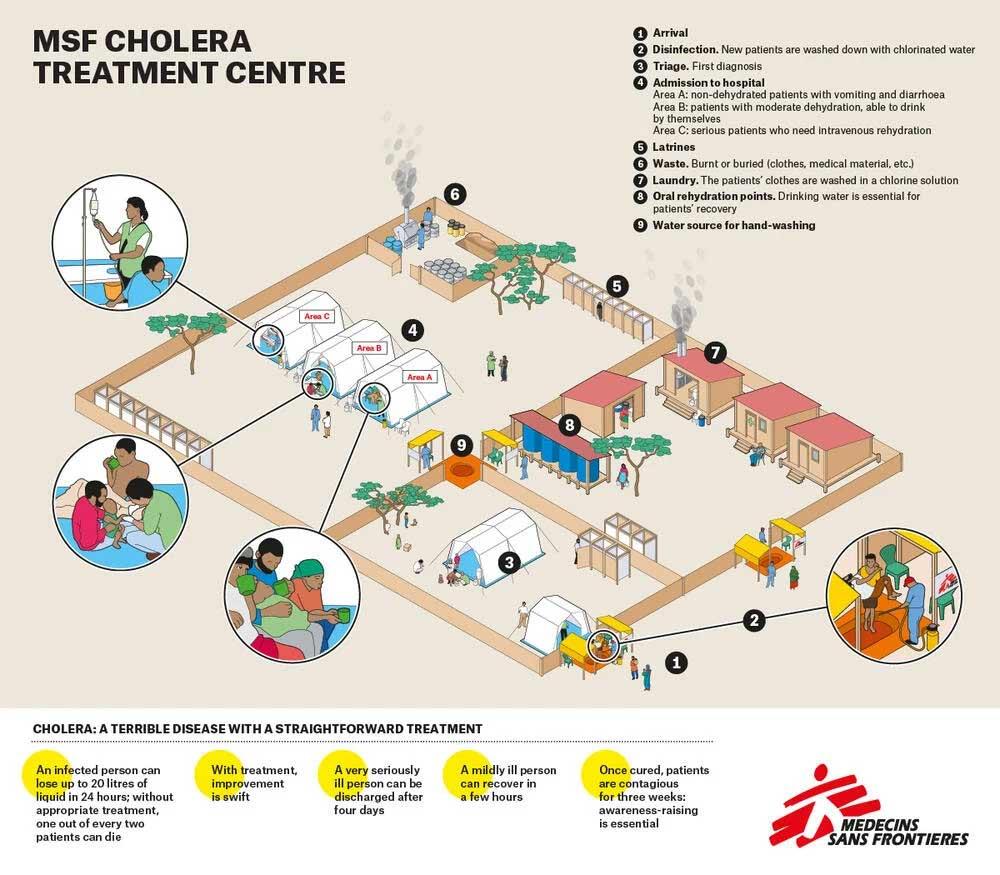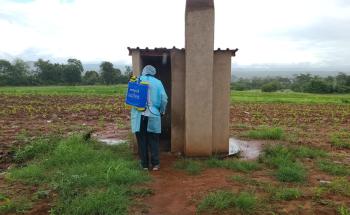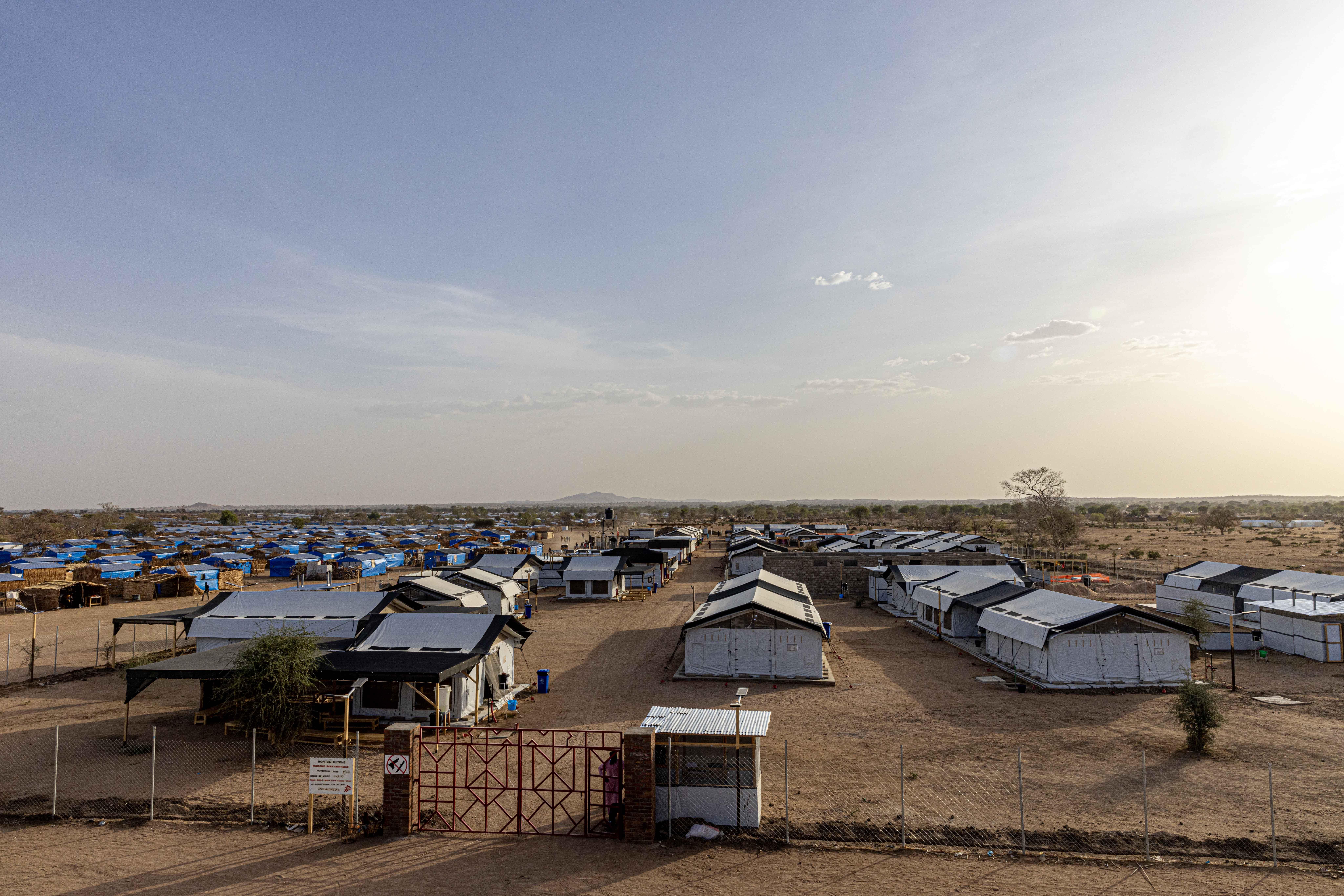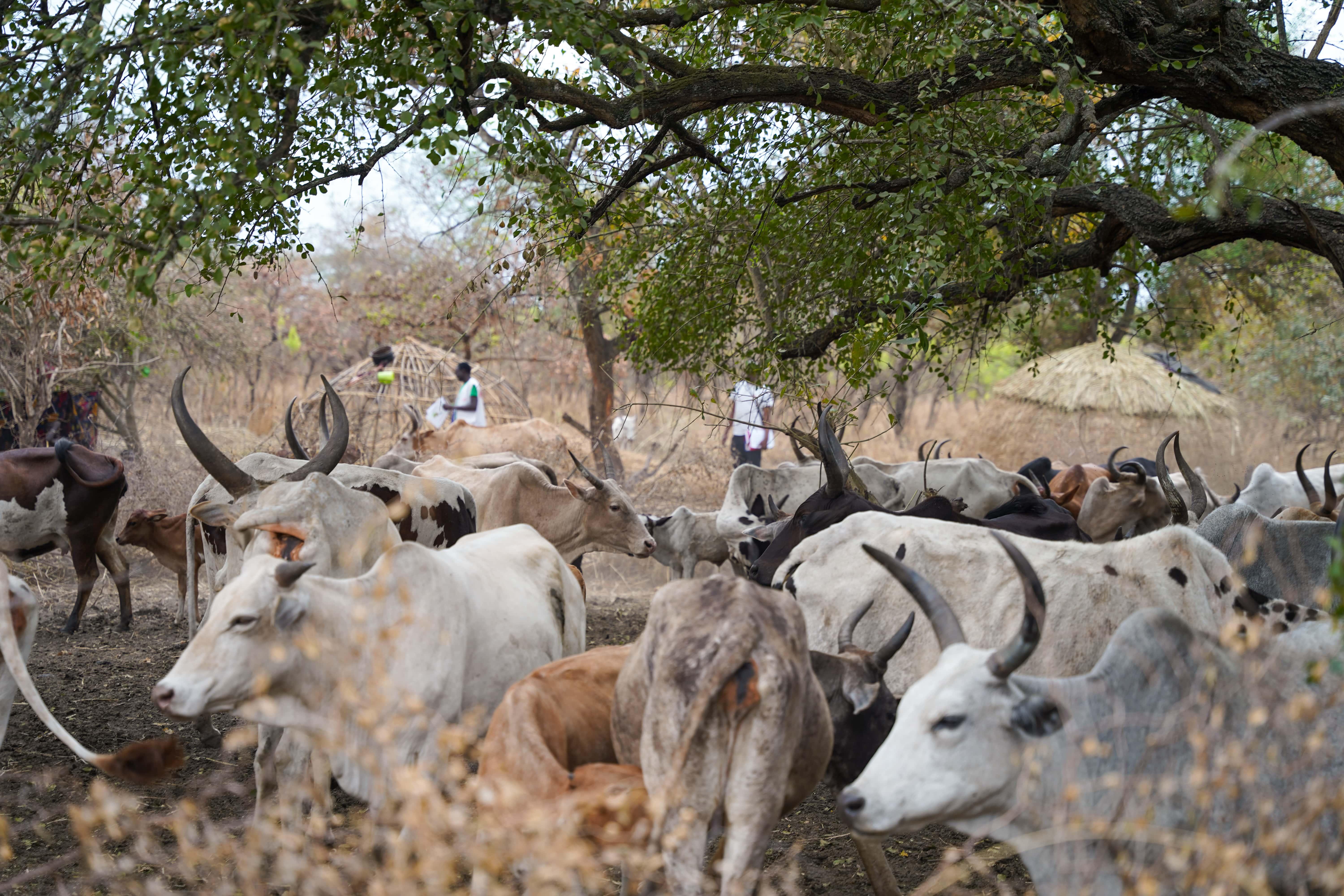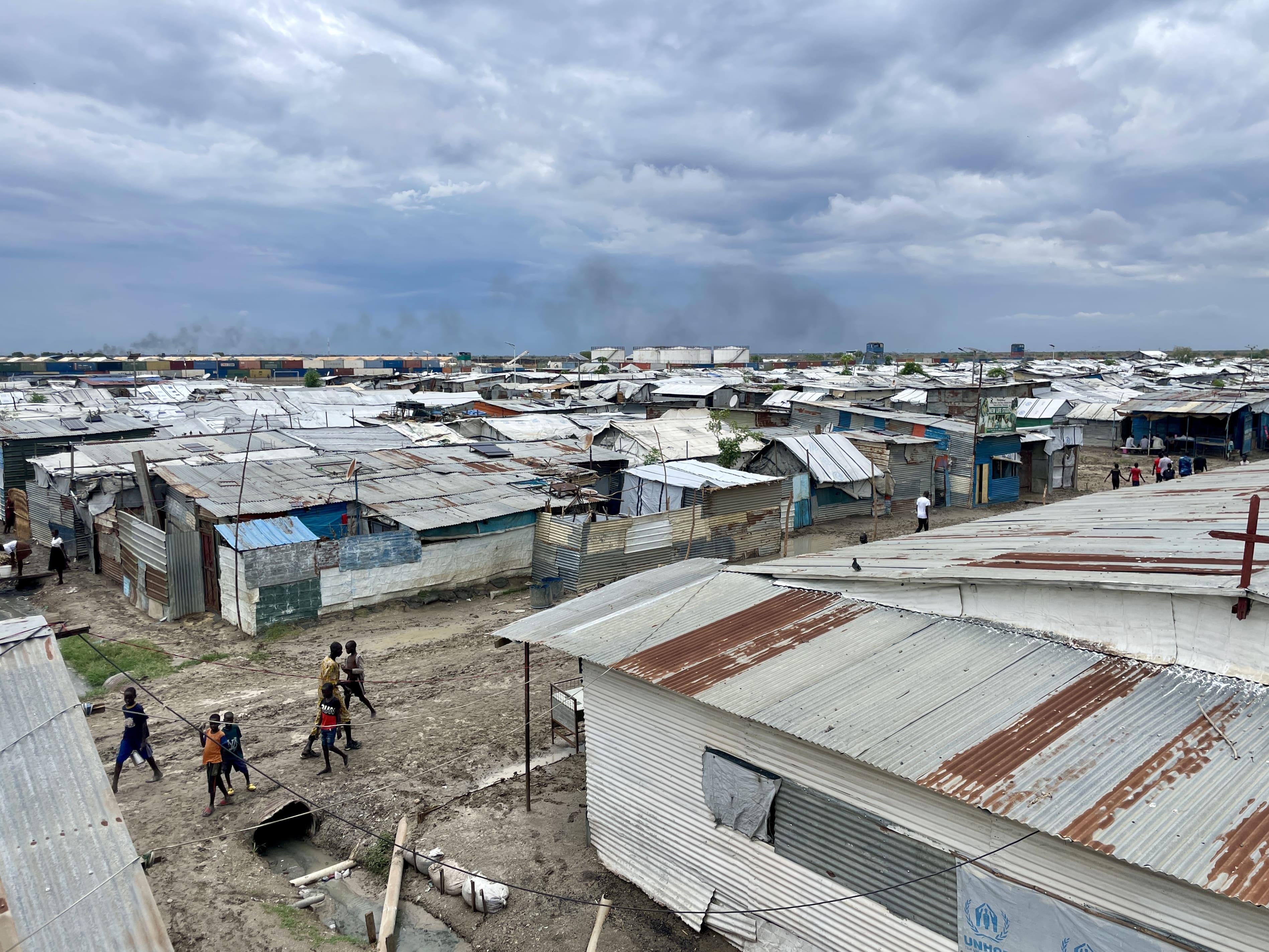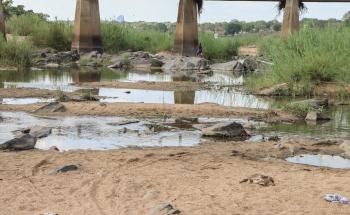In 2022 at least 30 countries have seen cholera or cholera-like diseases outbreaks. But this is not one big outbreak. For most countries, the current surge of cholera is due to specific, local conditions. The risk factors for cholera outbreaks are well known and always linked to access to clean drinking water and proper wastewater disposal.
Protracted political and/or military crises: this type of crises can lead to a lack of maintenance of drinking water and/or sewage infrastructure. This is the case today in countries like Haiti, Somalia and Syria.
Natural disasters: Heat and drought can reduce the amount of safe drinking water, forcing people to use unsafe sources. Floods,, however, can facilitate the bacteria’s spread to previously safe water sources. In 2022, countries like Somalia, Kenya and Ethiopia suffered from severe droughts. Others, like South Sudan and Nigeria, faced floods.
People on the move: Refugees often have to stay in places where there’s not enough access to clean water, and authorities often don’t invest in proper water and waste infrastructure in refugee camps. This year, there were cholera outbreaks in refugee camps in Lebanon, Somalia and Nigeria.

